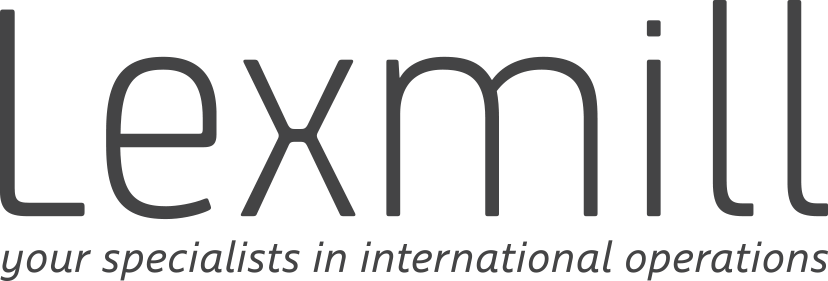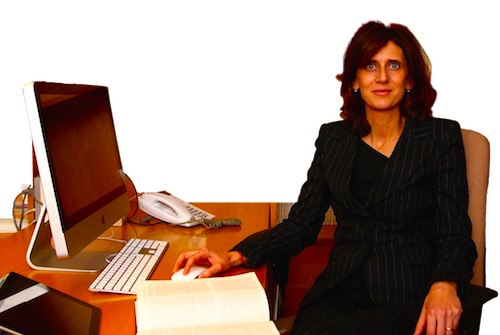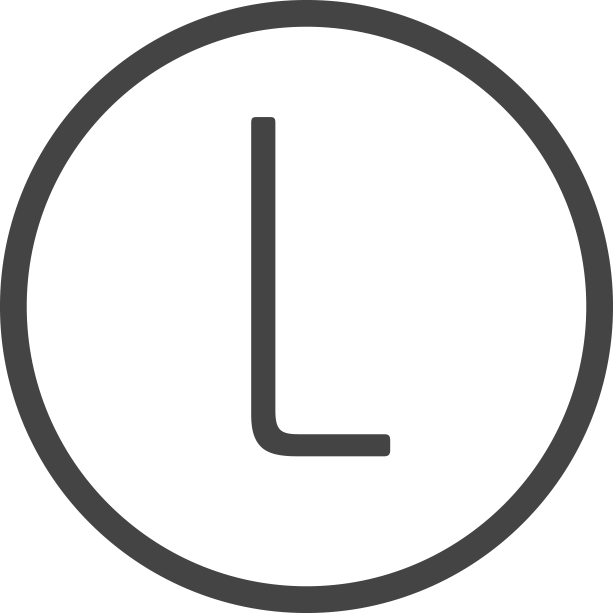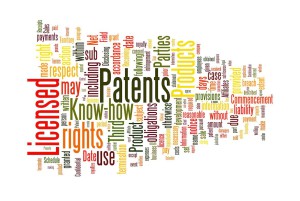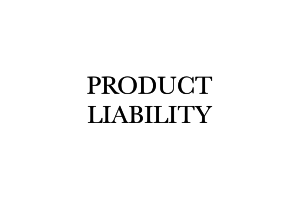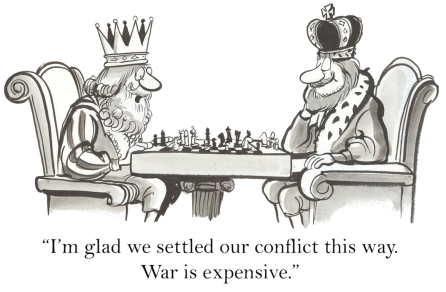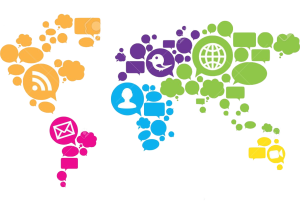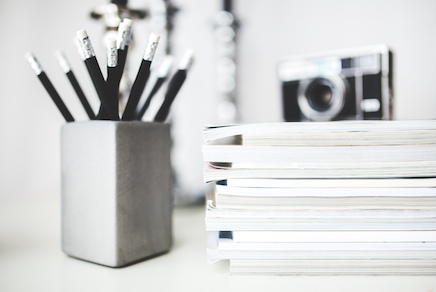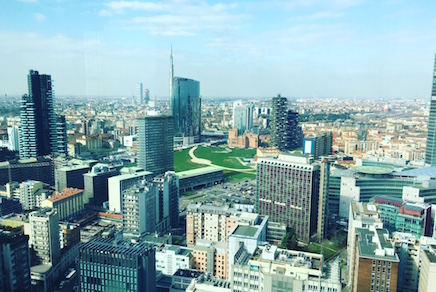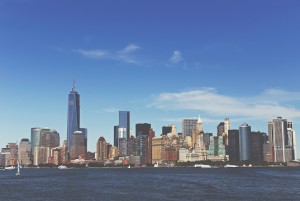UNFAIR COMPETITION AND PARASITIC MARKETING IN THE UPCOMING ATP FINALS AND WINTER OLYMPIC GAMES
Written and edited by Alessandra Papa, in collaboration with Stefano Parro.
The recent Decree-Law of March 11, 2020 n. 16 pertaining to the organization of these two upcoming events reinforces the regulatory framework of parasitic marketing.
In the upcoming years, Italy will host two of the world’s most important sporting events: the ATP Finals will be held in Turin in the five-year period 2021-2025 and Milan and Cortina d’Ampezzo will host the Winter Olympic and Paralympic Games of 2026.
Such events represent an important business chance for companies, and the will to link their own trademarks to them is strong. However, it might prove easy to stumble upon parasitic behaviors and, in general, unlawful practices which would damage the interests of the official sponsors: this type of behavior is generally known as “ambush marketing”, a practice in which companies which are not official sponsors of the event link themselves to the event in question, taking advantage from it without any licit authorization from the organizers.
These unlawful activities can be carried out in different manners:
-
through counterfeiting or unauthorized use of the distinctive signs and symbols of the event (such was the case discussed by the Court of Milan on August 14, 2003, which dealt with the marketing of an imitation of the Champions League trophy; or the case upon which the Court of Venice ruled on December 16, 2005, dealing with the registrability of trademarks containing the word “Olympic”);
-
through advertising or marketing of products or services unlawfully characterized by the symbol of the event (such as when “The North Face” company decided to market some clothing apparel with the Canadian flag and characterized by a patch bearing the code “RU 14” in the period before the 2014 Sochi Winter Olympic Games, prompting the Canadian Olympic Committee to act in order to stop the initiative, judging that it was capable of depicting a false link between “The North Face” and the Committee itself in the eyes of the public); or
-
through any activity of promotion of a trademark or of a distinctive sign, somehow linked to the event, which is not authorized by the organizers and which is capable of attracting the attention of the public: one of the most renowned cases dates back to the FIFA World Cup of 2006, specifically to the match between the Netherlands and the Ivory Coast of June 16. Prior to the event, the Dutch beer company Bavaria had decided to sell complementary orange shorts (upon which the Bavaria trademark was visible) with some of its products, riding on the fans’ recent tradition to wear such type of shorts (nicknamed “leeuwenhosen” by Bavaria) during the matches played by the Netherlands’ national team. However, the issue arose because Bavaria was not an official sponsor of the event; contrary to Budweiser, which in turn was. To honor the previous sponsorship agreements between FIFA and Budweiser, the organizers have thus decided to strip the Netherlands’ fans off of the clothes which bore a trademark of a non-sponsor.
